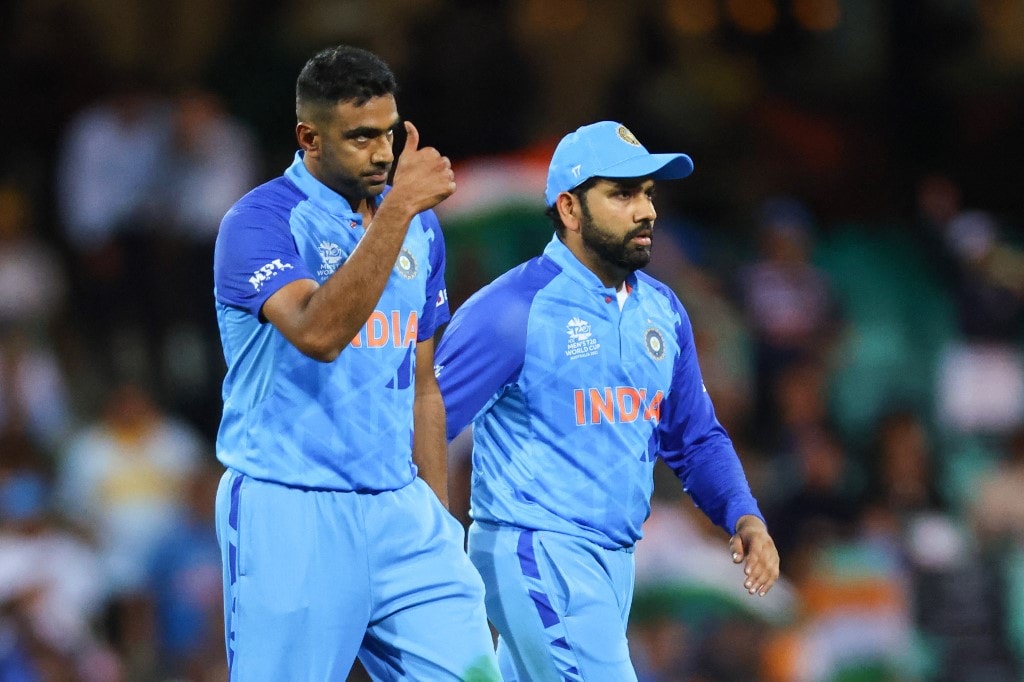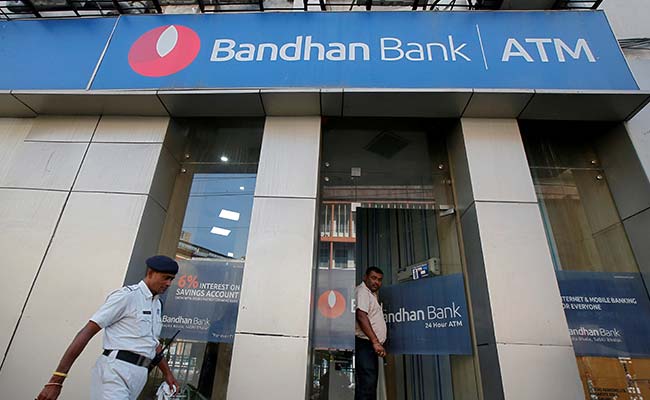Maharashtra Deputy Chief Minister Devendra Fadnavis watches the live telecast of Union Budget 2023-24 presented by Finance Minister Nirmala Sitharaman on February 01, 2023. Photo: Twitter/@Dev_Fadnavis
Stating that the Budget presented by Union Finance Minister Nirmala Sitharaman would give a massive boost for Maharashtra’s sugarcane industry, Deputy Chief Minister and State Finance Minister Devendra Fadnavis on Wednesday lauded the Modi government’s decision to waive off the income tax on the fair and remunerative price (FRP) for sugarcane payment prior to 2016.
Mr. Fadnavis told reporters in Mumbai that that the BJP government at the Centre under Prime Minister Narendra Modi had succeeded in giving sugarcane sector in the country, and particularly in Maharashtra, its biggest advantage in years by waiving off the tax on FRP.
Explained | Budget 2023: How is money allocated and where does it come from?
“Sugarcane farmers will greatly benefit by this move and get better rates henceforward…
“Earlier, the Modi government had waived off tax on FRP after 2016. Now, with the exemption of tax before 2016, sugarcane factories in Maharashtra will be saved from having to pay tax on FRP [before 2016] which collectively adds up to ₹10,000 crore,” Mr. Fadnavis said.
In a veiled jibe at previous governments in Maharashtra (Congress-Nationalist Congress Party and the Maha Vikas Aghadi under Uddhav Thackeray), Mr. Fadnavis said that for the last 20 years, State governments had been trying to get the Centre to waive off the tax on FRP without success.
The move is expected to help the ruling BJP in the State consolidate its position in the ‘sugar heartland’ of western Maharashtra, traditionally the bastion of the Sharad Pawar-led NCP and the Congress.
The NCP particularly has looked on with apprehension ever since the formation of a separate cooperation Ministry under Amit Shah by Prime Minister Modi in July 2021.
NCP president Sharad Pawar has been stressing that the Central government could not meddle in the functioning of Maharashtra’s cooperative sector as all the cooperative societies in the State were governed by the Maharashtra State Cooperative Act and that only the State, and not the Central government, had the right to frame policies and enforce them in the sector. The formation of the Cooperation Ministry under Mr. Shah has sparked speculation that the BJP’s real motive was to break the NCP’s stranglehold over Maharashtra’s cooperative sector, thereby attenuating the party’s political hold in the State, particularly the sugar heartland of western Maharashtra.
Meanwhile, praising the Budget, Mr. Fadnavis said the focus on the agriculture sector was not merely limited to doling out subsidies to farmers but concentrated on aspects like building digital infrastructure, technology infusion and integrating with the market.
“The country is to be developed as a ‘global millets hub’ as announced in the Budget…Every section will benefit from it — be it the middle class, small industries, farmers, youth. The investment in infrastructure at ₹10 lakh crore is unprecedented along with the ₹2.30 lakh crore investment in the railways sector,” he said.
NCP leader Ajit Pawar, who is also Leader of Opposition in the Legislative Assembly, lashed out at the Budget, dubbing it as ‘election-oriented gimmickry’, Maharashtra Congress president Nana Patole said there was “nothing concrete” in it “beyond catchy slogans and rhetoric.”
“The Union Finance Minister did not utter a single word on the burning issue of inflation, unemployment, problems faced by the farmers, minimum support price for agricultural produce or rising fuel prices. There was no concession in the interest rate of crop loans nor did the government announce any increase in the minimum base price, nor was the GST on fertiliser and seeds reduced. Nor did the Finance Minister give any formula to double the income of the farmers,” said Mr. Patole.
Swabhimani Shetkari Sanghatana president Raju Shetti likewise called the budget “a litany of hollow promises” with nothing concrete for farmers.
“The Budget’s emphasis on organic farming, and the development of the country into a ‘millets hub’ sounds good on paper. But has the government provided any infrastructure for these experiments and have they made a proper study over their large-scale feasibility in India,” asked Mr. Shetti.







